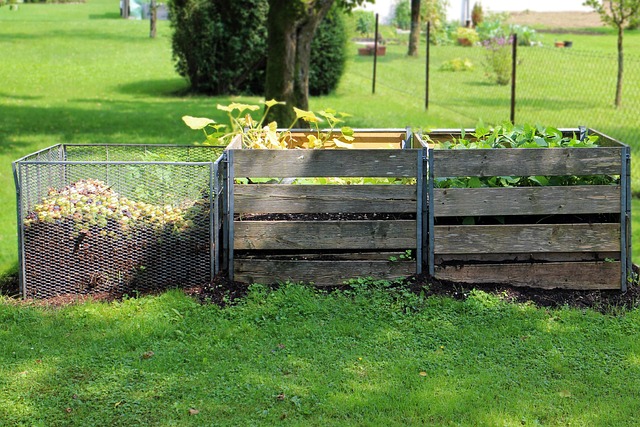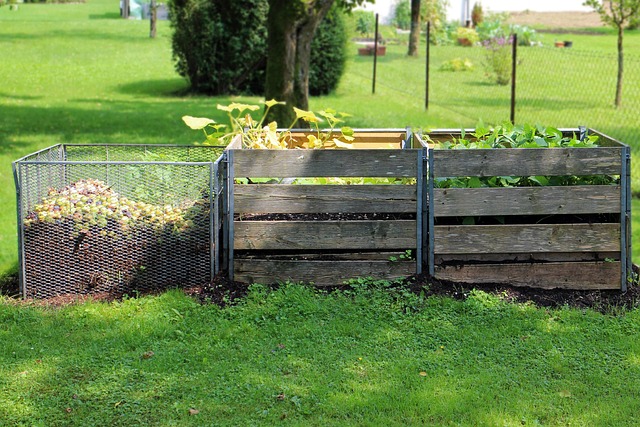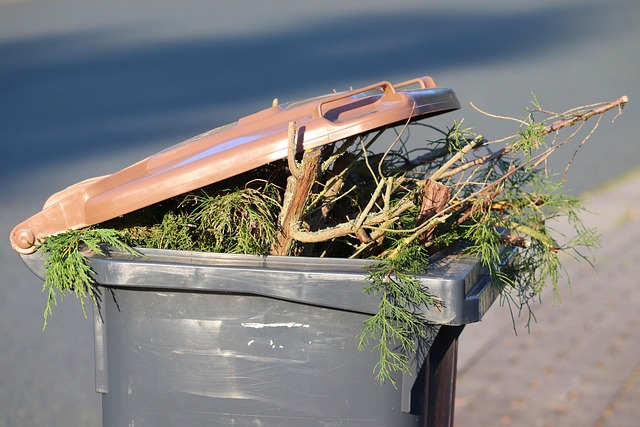7 Eco-Friendly Tips for Aspiring Compost Managers: Nurturing Nature and Your Garden
As aspiring compost managers, you are embarking on a rewarding journey that not only nurtures your garden, but also contributes significantly to the health of our precious environment. Composting is an eco-friendly practice that transforms organic waste into rich soil, providing a sustainable way to nourish your plants. Here are seven practical tips to help you become an effective compost manager, embracing the green lifestyle and nurturing nature in your backyard.
1. Choose the Right Location
Finding the perfect spot for your compost pile is crucial. Aim for a shady area to prevent excess moisture loss during hot weather. A well-drained site is essential to avoid waterlogging, which can hinder the decomposition process. This green choice not only benefits your compost but encourages biodiversity around your garden.
2. Balance Your Greens and Browns
An optimal compost pile requires a good balance of green materials (nitrogen-rich items like vegetable scraps and grass clippings) and brown materials (carbon-rich items like dried leaves and twigs). This harmony creates an aerobic environment that speeds up decomposition—ensuring you’re nurturing life in your compost instead of letting it languish.
3. Keep It Aerated
Oxygen is a key ingredient for successful composting. Regularly turning your compost pile helps incorporate air, facilitating the growth of beneficial microorganisms responsible for breaking down organic matter. This simple act not only speeds up decomposition but also helps in minimizing odors, making your composting experience more enjoyable.
4. Be Selective with Your Additions
As a compost manager, it’s important to know what can and cannot go into your compost pile. Stick to kitchen scraps, yard waste, and certain paper products. Avoid including meats, dairy, and oils that can attract pests and create unpleasant odors. This mindful selection is part of your commitment to nurturing the environment.
5. Monitor Moisture Levels
Your compost pile should be moist, akin to a wrung-out sponge. Too much moisture can lead to a smelly, anaerobic environment, while too little can slow decomposition. Regularly check and adjust the moisture level, incorporating water when needed. This care ensures that your compost remains happy and healthy, mirroring the balance of nature.
6. Embrace Worms and Microorganisms
Introducing worms, such as red wigglers, and fostering a vibrant community of microorganisms in your compost pile can greatly enhance the decomposition process. These little heroes break down organic materials efficiently, resulting in nutrient-rich compost that your garden will love. Their presence reflects the interconnectedness of nature and highlights your role as a guardian of the ecosystem.
7. Utilize Finished Compost Wisely
Once your compost is ready, incorporate it into your garden sparingly to avoid overwhelming your plants. This nutrient-rich soil enhance’s your garden’s resilience and attracts pollinators, contributing to a flourishing ecosystem. Share excess compost with friends or neighbors—spreading the joy of gardening and eco-awareness is a vital part of nurturing nature.
By following these eco-friendly tips, you can cultivate a successful compost management practice that not only nurtures your garden but also helps sustain our environment. Embrace the green lifestyle that composting symbolizes, and watch as your garden flourishes while you play an active role in preserving the beauty of nature.



